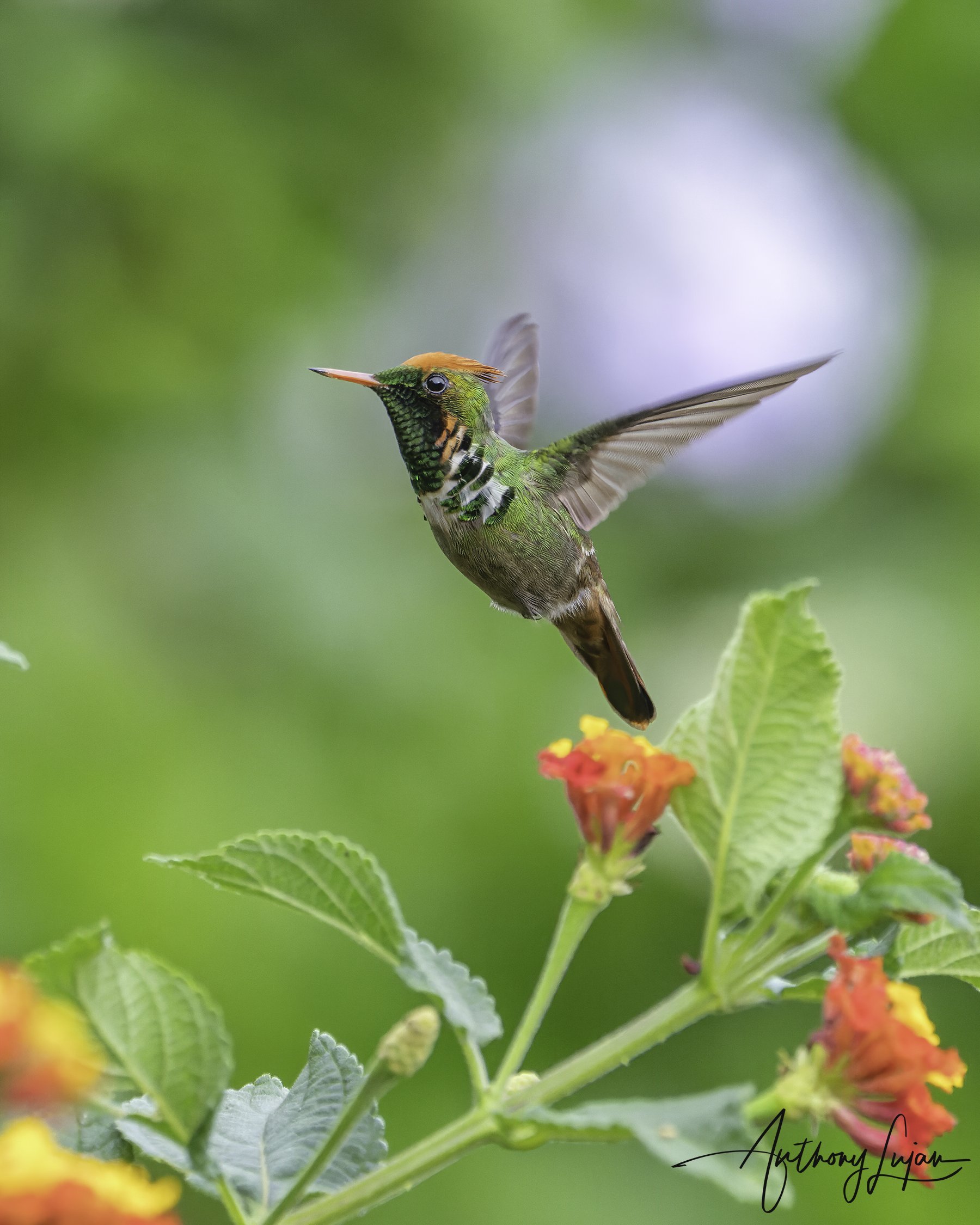Lantana Flowers: Benefits and Precautions
Introduction
Lantana flowers are a vibrant addition to any garden, attracting hummingbirds with their bright blooms. However, it's essential to be aware of their invasive nature and toxicity. This guide will explore the benefits of lantana for attracting hummingbirds, the associated risks, and alternative planting options.
Why Lantana Attracts Hummingbirds
Vibrant Colors and Nectar
Lantana flowers come in various colors, including red, orange, yellow, and pink, making them highly attractive to hummingbirds. Their tubular flowers are perfect for these birds to access nectar.
Long Blooming Season
Lantanas bloom from spring through fall, providing a consistent nectar source for hummingbirds.
Risks of Planting Lantana
Invasive Nature
Lantana camara is known to be invasive, particularly in southeastern states like Florida, Texas, and Hawaii. It can outcompete native plants, leading to ecological imbalances.
Toxicity
Lantana is toxic to humans and pets. Ingesting parts of the plant can cause gastrointestinal issues and other health problems. Handling the plant may cause skin irritation in some individuals.
Safe Planting Options
Sterile Hybrids
Consider planting sterile hybrids such as 'Luscious Royale Red Zone' or 'Bloomify Red,' which are less invasive and safer for cultivation.
Native Species
Opt for native species like Lantana depressa in Florida or Lantana urticoides in Texas. These species are better adapted to local environments and pose fewer ecological risks.
Conclusion
While lantana flowers can attract hummingbirds, it's crucial to balance their benefits with the potential risks. By choosing sterile hybrids or native species, you can enjoy the vibrant blooms and hummingbird visits without the negative impact on your garden's ecosystem.
Please note: The content provided on this blog is for educational purposes only and contains general information. For advice and guidance tailored to your specific region and circumstances, please consult with a professional.

